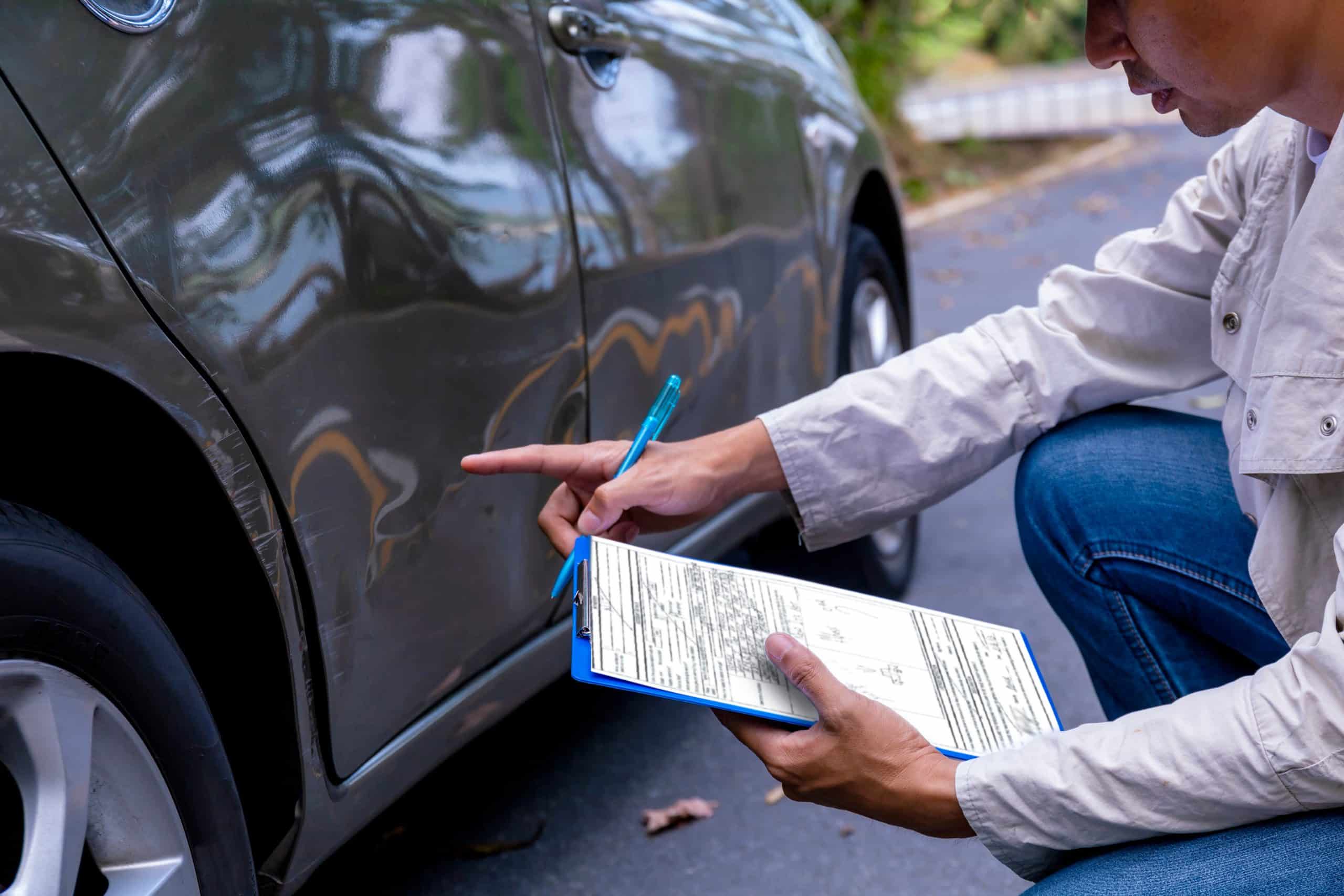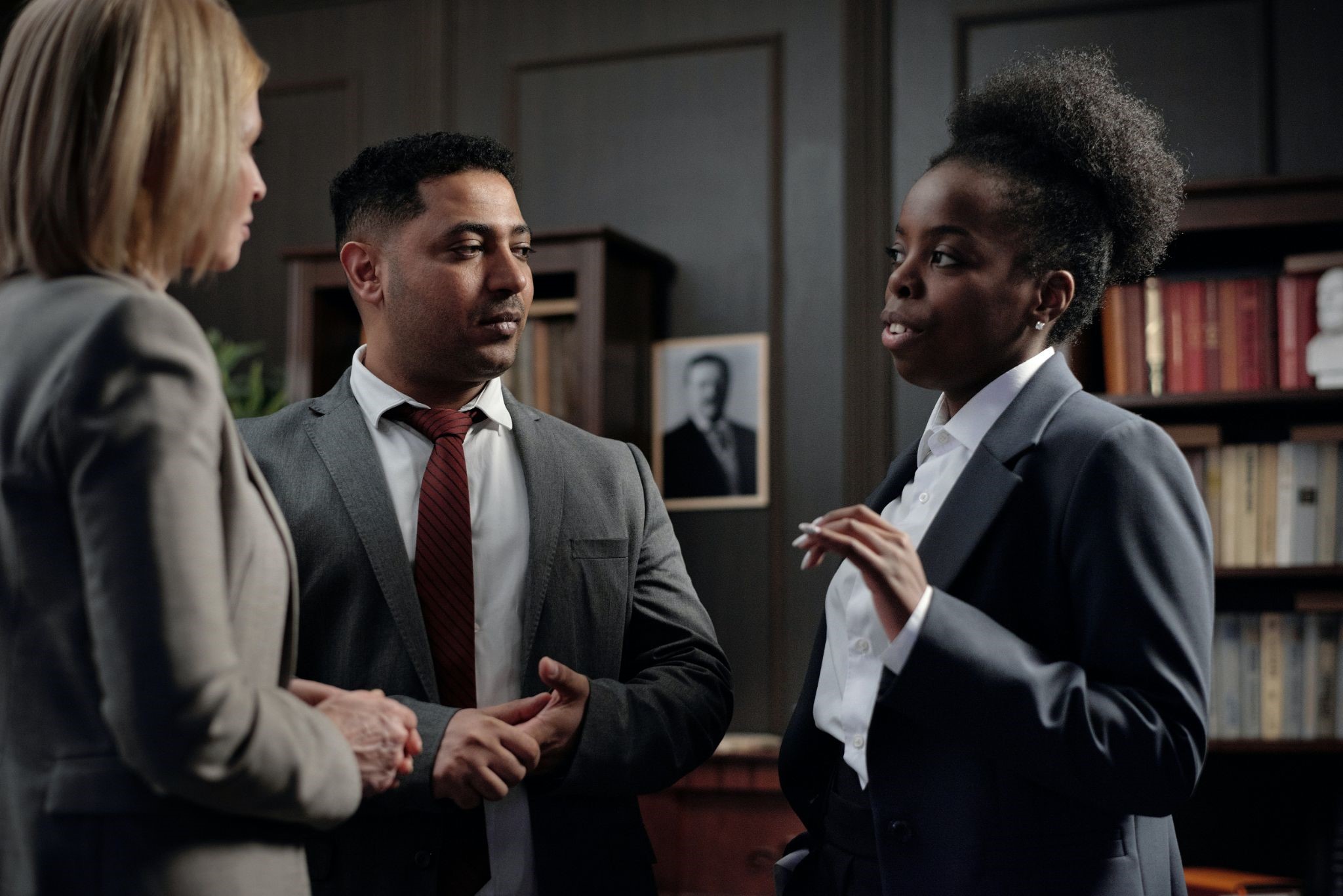The Dos and Don’ts of Renting in North Carolina: A Handy Guide for Tenants – Guest Post

Are you new to renting in North Carolina? Or perhaps a more experienced tenant looking for a refresher on the dos and don’ts of having a rental agreement? Either way, it’s important to stay informed about local landlord/tenant laws – no one wants potential loopholes or unforeseen complications. This engaging guide provides an overview of North Carolina Landlord Tenant Law as well as helpful tips on what rights tenants have under the law and how landlords may be held accountable. Gain peace of mind knowing that you’re aware of your rights while living in North Carolina; read on to discover exactly how to properly deal with setting up leases and navigating necessary regulations.
The Dos
- Do read your lease agreement carefully before signing. All leases should spell out the tenant’s rights and obligations, as well as those of the landlord. Make sure everything is clear before signing on the dotted line.
- Do get written receipts for all payments made to your landlord or property management company. This will ensure that you can track all activity related to your rental agreement and can prove that you have paid any outstanding amounts due.
- Do keep up with maintenance requests, such as asking for repairs or requesting pest control services. Your landlord should make sure your rental unit is safe and livable, so be sure to report any issues promptly and follow up with them until they are resolved satisfactorily.
- Do provide ample notice when moving out, usually, 30 days is standard so that your landlord has time to find a new tenant or prepare for renovations or repairs before you move out.
- Do use a security deposit account if required by law in your area; this allows for separate tracking of deposits made by each tenant and makes it easier for landlords to return security deposits when tenants move out without having to worry about accounting for individual payments from multiple tenants over long periods.
The Don’ts
- Don’t sublet without permission from your landlord; this could lead to legal action against both parties involved if done without prior approval from the owner/manager of the property.
- Don’t withhold rent if there are unresolved maintenance issues; rather, follow up with written requests detailing the issue(s) at hand until they are addressed.
- Don’t break any terms outlined in the lease agreement; doing so could result in legal action against you.
- Don’t try to negotiate a better deal after signing a lease; though some landlords may be flexible, trying this tactic could backfire.
- Don’t forget about insurance; renters insurance protects both tenants and landlords from liability should something happen during tenancy, such as theft or damage caused by natural disasters (e.g., floods). Make sure you look into coverage options before moving into a new place.
Conclusion:
Renting can be stressful enough without having additional worries about violating laws or getting into legal trouble with your landlord! Following these dos and don’ts will help ensure that everyone involved benefits from their rental agreement—and that means peace of mind for everyone involved! For North Carolina tenants looking for additional help navigating their rights under Landlord Tenant Law, our experienced professionals at Metric Marketing are here to help answer questions and provide advice on how best to approach any situation related to renting in North Carolina state.











Recent Comments